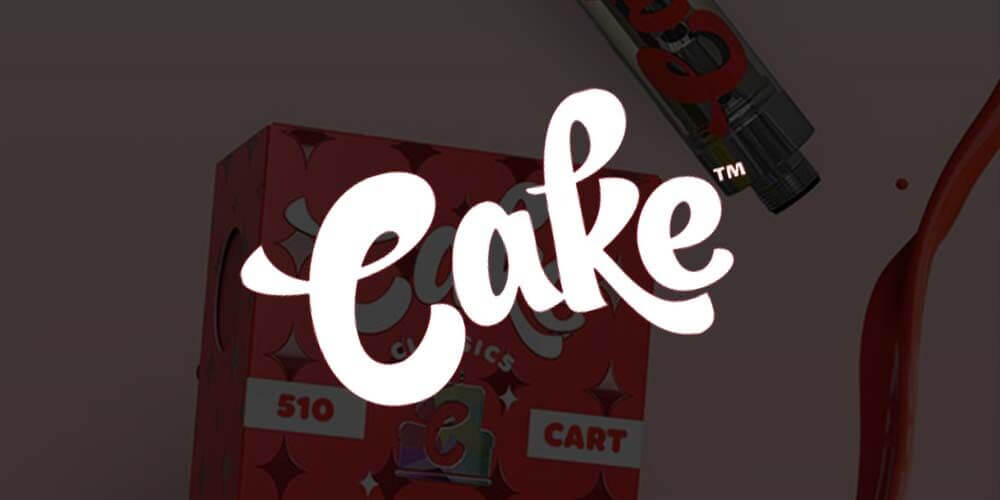If you're a fan of cannabis, or hemp more specifically, you've probably heard of THC and CBD. These are the two best-known cannabinoids, but there are actually over 100 different cannabinoids found in the cannabis plant. One of these lesser-known cannabinoids is HHC, or Hexahydrocannabinol. In this post, we'll introduce you to HHC, a new cannabinoid on the block, and explain what sets it apart from other cannabinoids.
What is HHC?

What many people don't know is that cannabinoids are a class of molecules found in the cannabis plant. THC and CBD are the two most well-known cannabinoids, but there are many others that have been identified. These include CBG, CBC, and CBN, to name a few. Cannabinoids interact with the body's endocannabinoid system, which is involved in a variety of physiological processes. HHC is another cannabinoid that has gained immense popularity as of late.
HHC, otherwise known as Hexahydrocannabinol, is a semi-synthetic cannabinoid that was created by American chemist Roger Adams in 1944. HHC is considered to be both a natural and semi-synthetic cannabinoid, which depends on where it's sourced and how it was created. Though HHC is found naturally in cannabis, it is only available in minimal quantities. Therefore, to bring HHC to mass market and include it in many of the devices and cartridges you see today, it has to be made, rather than extracted.
HHC is a cannabinoid that is structurally similar to Delta 9 THC. Like Delta 9, it is psychoactive, meaning it can produce feelings of euphoria and relaxation. However, HHC is not as potent as Delta 9; in fact, it is said to around 70-80% as strong as Delta 9.
How Is HHC Made?
As previously shared, HHC is a semi-synthetic cannabinoid and to produce larger amounts of it, it must endure a special process, which is called hydrogenation. This process ultimately changes Delta 9 to HHC. The process is performed by adding hydrogen molecules to Delta 9, which converts the THC into hexahydrocannabinol (HHC). Once HHC is made, it is combined with strain-specific terpenes or other ingredients to create some of the most extraordinary products.
How Does HHC Compare to Other Cannabinoids?
With an almost identical molecular structure, you would think that HHC and Delta 9 produce the same strength, however, they don't. They are two different cannabinoids, in fact, HHC has two additional hydrogenated carbons. Delta 9, on the other hand, is missing both the ester atom and carbon bond. The differences are significant, so much so that HHC is far more stable than Delta 9 and also is stronger when it comes to resistance to heat and UV. In other words, HHC products will generate an even longer shelf life than Delta 9 products.
When it comes to the most popular cannabinoid in the hemp-based market, in terms of psychoactive cannabinoids, Delta 8 takes the cake. Though there are differences between Delta 8 and HHC when it comes to if its natural or synthetic, the most common question is how potent one is over the other. We've already shared that HHC isn't as potent/strong as Delta 9, however, some believe that it is slightly stronger than Delta 8 and other cannabinoids, like Delta 10. You shouldn't take our word for it though, as some people have shared that HHC isn't as strong as Delta 8 to them. The truth is, everyone is different and our bodies respond to cannabinoids differently. Start with low doses and slowly work your way up to your comfort zone.
Does HHC Show Up on a Drug Test?
Unfortunately, there isn't a definitive answer whether HHC will show up on a drug test or not. However, the real question should be if cannabinoids, in general, show up on a drug test. For CBD, you aren't likely to test positive. For HHC, there is a good chance it will show up on a drug test and you will fail. Most drug testing software was designed to test if THC is present in your body, and since Delta 9 THC is used to make HHC, there is a high possibility that it will group HHC with THC.
Due to the sudden increase in cannabinoids being brought to market and the change in legality concerning them, drug testing experts are updating their software to reflect those changes. They are now being designed to detect specific cannabinoids, versus detecting THC as a whole. For instance, some drug testing software can detect whether you have Delta 8 or Delta 9 in your system. The best approach is to discontinue use of cannabinoids if you know you have a drug test in the near future.
Below we've shared a list of testing processes and how long other THC products remain in your system. You can use this list as a guideline for how you should treat using HHC products if you have a drug test coming up in the future. The length of time is similar to Delta 8, so please refer to "how long does Delta 8 stay in your system" post for a thorough breakdown.
- Blood tests can detect THC in your blood for up to 2 days after use.
- Saliva tests can detect THC in your saliva for up to 2 days after use.
- Urine tests can detect THC in your urine for up to 48 days after use.
- Hair Follicle tests can detect THC in your hair for up to 90 days after use.
Of course, something to consider is how much THC (or HHC) you've used, your weight, age, and other factors.
Where Should You Buy HHC Products?
While HHC may have been difficult to find just a few months back, it is now a very popular cannabinoid and several brands have created products using it. Superstrain carries a wide variety of brands, and many of them have developed products around the special cannabinoid. You'll find a collection of products below that contain HHC.




